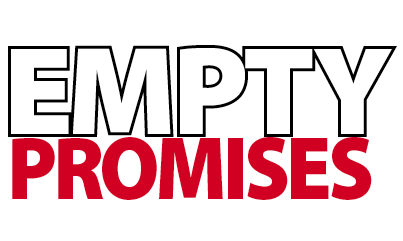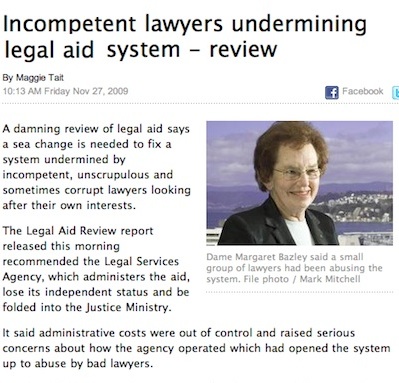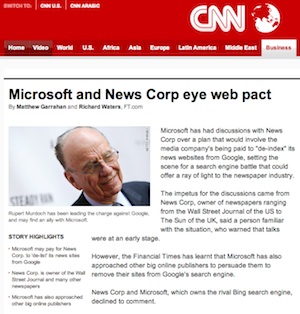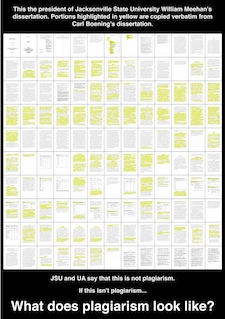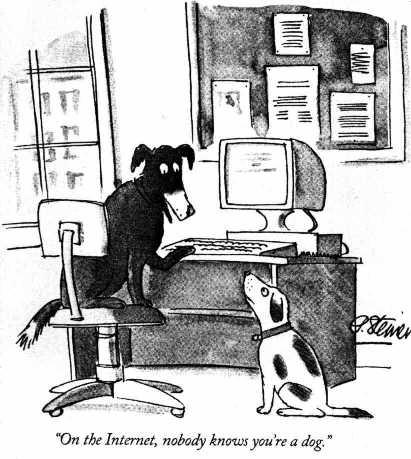
"On the internet, nobody knows you're a dog" Peter Steiner, The New Yorker July 1993
There’s a ‘phoniness’ that plagues the internet. (Peter Steiner’s famous 1993 cartoon “On the internet nobody knows you’re a dog” has become axiomatic).
Wikipedia suffers a scandal when it’s exposed that some phoney posing as a ‘learned academic’ has been pasting content into the wiki — which, I guess, compared to the fake surgeons that pop up now and then in our health system, ain’t no big deal.
This inauthenticity applies in spades to social media (ghost-written celebrity tweets etc) in particular.
Plagiarism or unattributed use of others’ written or other material has always been rife. As university professor/novelist Witi Ihimaera has recently found, the age of Google book-scan has made it child’s play to find phraseology and passages that have been consciously or unconsciously lifted from another person’s writing.
While I’m no saint, I do try to/aim to acknowledge the source of material I use from others. ‘Always acknowledge the source of power’ was a thought drummed into me at some business/personal development courses I attended years ago. It was a lesson in ethics and integrity. If someone else has expressed ‘it’ so well that I want to pass that ‘map’ on to my readers, my view is that it does me no harm whatsoever to cite the source. It is lazy not to.
Part of this might be my journalism training, which leans so heavily on attributed sources. (I’ve actually come to see that’s one of the downsides of the profession — it encourages a sense of being a ‘neutral’ observer and uninvolved note-taker and not a committed change-agent or actor … a sense which can need shaking off. But that’s a topic for another time.)
But there’s another angle to this idea of the unattributed use of others’ words which intrigues me because I haven’t thought about it this way before — and that’s the use of ghostwriters to build ‘credibility’ or, in the age of twitter and blogs, to build up a ‘personal’ following. Continue reading →

